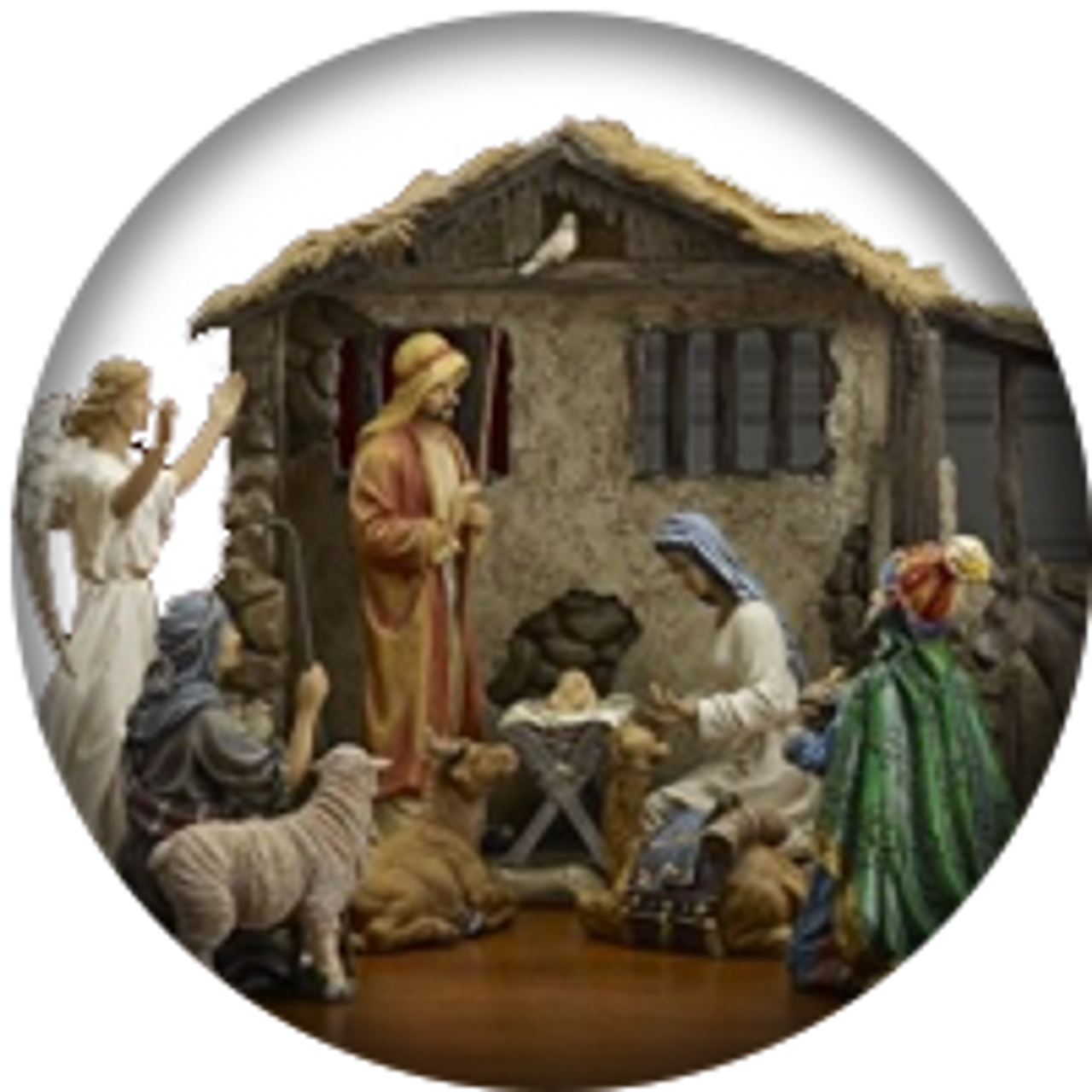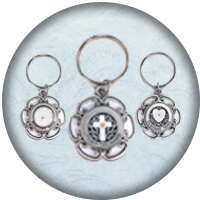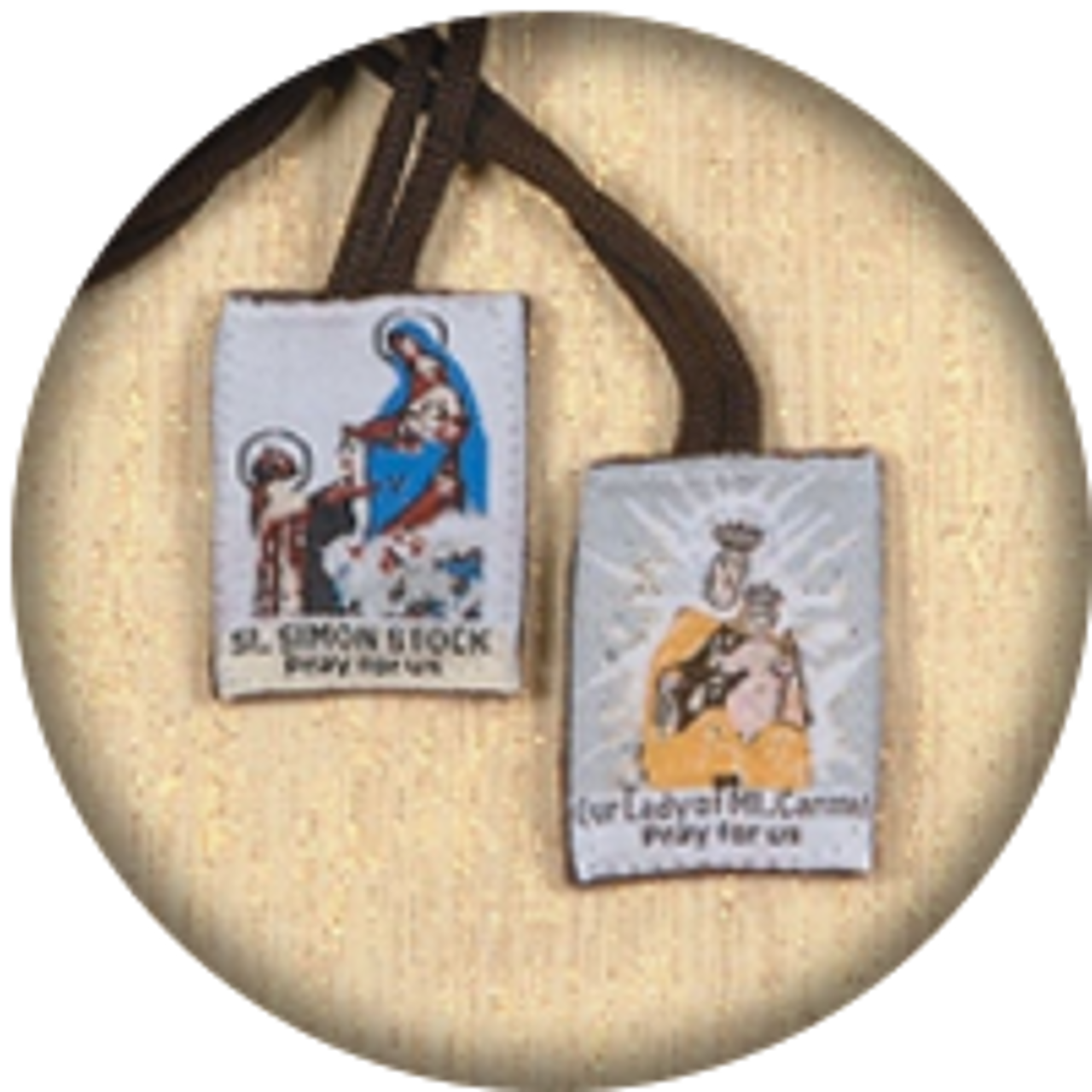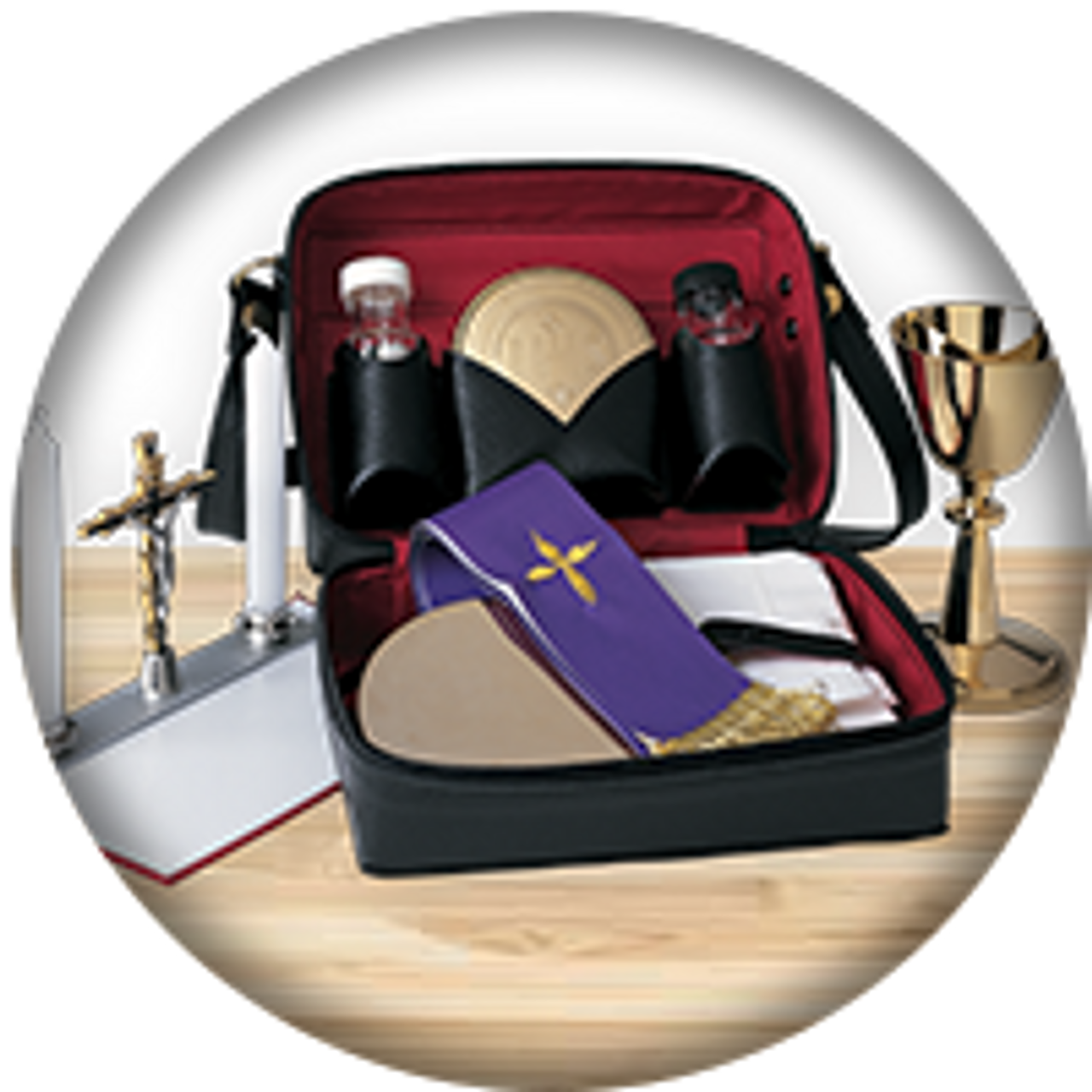THY KINGDOM COME series Part I: THE KINGDOM OF GOD
Kathy Boh on 19th Nov 2019
Series: THY KINGDOM COME
Part I: THE KINGDOM OF GOD
Celebrating the feast of
OUR LORD JESUS CHRIST, KING OF THE UNIVERSE
Sunday, November 24, 2019
KINGS AND KINGDOMS: OVERVIEW
There are two liturgical feasts connected to the concept of Jesus as “King” that serve as “book ends” to the Advent and Christmas season. Those feasts are “Our Lord Jesus Christ, King of the Universe” on November 24th of this year and the ”Epiphany of Our Lord” celebrated on January 5th of 2020. Let’s start with the second feast celebrating the visit of the Magi.
On that 12th day of Christmas, we see the King of the Universe as a babe honored as “King”, by the Magi, the men of wisdom and power who gave gifts representing Jesus’ own future role as King, Lord and Suffering Savior. The centerpiece “kingly” event of the season is, of course, the birth of Christ the King—celebrated on “Christ-mas” Day, December 25th. On that day, we see the glorious Son of the everlasting God humbly entering our fallen world as a baby born and laid in an un-kingly stable’s manger.
In this article, Part I of “THY KINGDOM COME” we take a look at what it means to be a “king”. We move into various scriptures and descriptions of the kingdom of God—primarily as Jesus, Himself, taught it.
In Part II: SEEKING FIRST THE KINGDOM, we continue studying many specific scriptures and their applications. We look at what Jesus said about our entering into that kingdom and following Jesus. We hope to enhance our understanding of Who this glorious King is, and what His kingdom can mean in our own lives.
Part III and IV (THE KINGDOM'S BLIND GUIDES and THE LEAVEN OF THE PHARISEES) take us into a clearer look at what we definitely want to avoid—those who would NOT enter the kingdom, and not honor nor obey Jesus or His Father—namely, the Pharisees. Jesus’ instruction teaches us to make sure NOT to let their “leaven” into the bread (and fabric) of our lives and minds and hearts.
As we describe Pharisees, we present a meaningful introduction to our blog* on St. Paul’s Conversion at the end of January. St. Paul was one of one of those early Jewish Pharisees who dramatically changed * “FROM PHARISEE TO FOLLOWER” and gave Christianity a huge “jump-start” in the Gentile (non-Jewish) world. We Gentile Christians much appreciate his love of the Lord Jesus—and his travels, writings and teachings. Of course, we now know him as “St. Paul”—who wrote much of the New Testament.
We see the theme of “King” throughout the liturgical year. During the paschal season (of Lent and Holy Week leading up to Easter), we find Jesus honored on Palm Sunday by the vast crowd waving palm branches, fulfilling the prophetic word , “Your king comes to you, meek, and riding on an ass…” [Mt 21:4-9] Then on Good Friday, we note the sign posted on His cross: “Jesus of Nazareth, King of the Jews”. Throughout the New Testament we see references to the King coming again, in full glory--along with some dramatic and glorious descriptions in the last book, “Revelation”. There are many more references in Psalms and in other books of the Bible, both in direct comment and in foreshadowing our New Testament King Jesus. So now let’s begin our look at His kingdom.
THE CONCEPT OF “KING” and “KINGDOM”
When we published the last blog article on the feast of the “Epiphany”, we examined the concept of "kingship" or "sovereign". Let’s review the basic concept mentioned there and expand on it.
The idea of “King” or kingship or sovereign in former times—particularly ancient times (and to varying degrees even in 20th century, pre-World War Europe)—was quite different than typical government in most current democracies and republics or in most Western governments—particularly in the history of the United States.
For example, with Queen Esther (who lived among the Jewish exiles in the Persian empire in the Old Testament book of “Esther”), anything the king said or proclaimed was considered “law”. Kings were considered “absolute” monarchs, with unrestricted political and (often) personal power over their subjects. (The first constitutional monarchy—limiting the king’s power and working within the confines of a constitution—began in Europe at the end of the 18th century.)
We (“modern culture” oriented) Christians declare that Jesus Christ is the “King” and the living “Word” (made flesh)—as the scriptures reveal. But with our democratic mentalities, we sometimes miss the weight of power that the word of a “King” carries… or the real impact of what His words say … or “Who” He really IS as “King”—King of kings.
“SWEET BABY JESUS KING” AND LORD OF OUR LIVES?
As we look ahead to the holiday season (often accompanied by social, nostalgic and “advertised” expectations of a “feel-good” Christmas season), it is ‘sweet’ to think of little baby Jesus as an infant “king”—sweet little baby in the hay. On the other hand, Jesus as eternal King, or coming-again King, or Lord-of-our-lives King is another matter altogether.
Let’s face it… Our typical desire to “feel good” spiritually may prevent us from facing a substantial truth: that bowing to Jesus Christ as King (and Lord, acknowledging the power and lordship that kings through the ages have possessed) may “cramp our style” a bit too much. It is much easier and much more “in-tune” with the rest of our culture to insist on ruling over our own lives, without too much Divine intervention. But this is not just a modern mistake. The books of the prophets throughout the Old Testament speak to the same sort of attitudes and behaviors--although in a very different setting and culture.
In the Old Testament, before the Hebrew people had kings in their history, God/Yahweh was their King and He was enough. But they wanted to be like the cultures around them who had earthly kings, so God let them have what they wanted. So Saul was chosen.
Our response—when we come to realize just how much Jesus desires to be “king” over each of our own individual lives, and each aspect of our lives—may vary greatly. We may find ourselves totally dedicated to ruling and reigning in and over our own “domain”—whatever that domain may be. Some may be thinking: “and preferably, if you please, without interference or oversight, thank you!”
After all, we are (primarily) the modern, Western, "independent" thinking ones... who have a very hazy, remote concept of the power and authority of a sovereign king or kingdom. Kingdom dwellers were called "subjects"—subject and submissive to the king or queen. No area of life was off-limits for ruling kings in former times. His word was law. The character and motivation and integrity of the sovereign made all the difference. Thank God—literally—that our King's character, motivation, purposes and intentions are impeccably and entirely LOVING.
THE CHARACTER OF OUR KING
The term “absolute monarchy” may conjure up some scary feelings. As we said above, history shows that the character and integrity of the person who is King (or queen) makes all the difference. Such is true of our Sovereign Lord God. There is a saying that “Absolute power corrupts absolutely.” That may prove true many times and on many levels in human experience. But our God is truly a different story.**
The character and integrity of our ever-living God is beyond full description. We cannot begin to know the height, the depth, the breadth and length of God’s loving character. [Eph 3:17-19 ]. In fact, God IS Love [1 Jn 4:8]. He IS the Truth… The Way… The Life…. [Jn 14:6]. There are many Christians and saints throughout history—and many followers today—who have walked out a life surrendered to God’s care and have come to know Him personally (both in prayer and in experiences in life). They have come to find out just how kind and merciful He can be; just how trustworthy His fatherly, shepherding care really is; how true to His word He can be, and how true those words really are.
The few (above) scriptures do not just describe Him—they are the very essence of Who He IS… He cannot and will not fail to BE those good, righteous and faithful characteristics. In Him, absolute power is used by Absolute Love, goodness, righteousness— every perfect and holy description we could mention—and others we are not even aware of.
Below we have gathered several sets of scriptures that relate to Jesus as King, including: descriptions of His Kingdom, what the kingdom of heaven is like, who inherits the kingdom and who is the greatest in God’s kingdom. As we seek to follow Jesus and see Him manage and help us arrange so many things in life, it helps to know directly what He has said about how He rules, what He values, and what and who He appreciates and honors.
We encourage you to take time to look these scriptures up and study them in context; to pray and meditate on them; and to listen (if we directly seek Him) to the quiet but willing voice of the Holy Spirit as He sheds light and peace and clarity on them as we choose to let His words take root in our lives.
SCRIPTURES ON JESUS AS KING
The Lord is king forever and ever [Ps 10:16]
The King of glory shall come in [Ps 24:7]
Living God and an everlasting King [Jer 10:10]
He that is born King of the Jews [Mt 2:2]
Thy King comes unto you, meek… [Mt 21:5]
Blessed is the King that comes in the name of the Lord… glory in the highest_ [Lk 19:38]
The King of kings and Lord of lords [1 Tim 6:15]
King of kings [Rev 19:16]
SCRIPTURES ON KINGDOM
But seek ye first the kingdom of God [Mt 6:33]
Not everyone who says to Me, “Lord, Lord” shall enter into the kingdom of heaven, but only the one who does the will of my Father in heaven. [Mt 7:21]
The kingdom of heaven is at hand [Mt 10:7]
Among those born of women there has been none greater than John the Baptist; yet the least in the kingdom of heaven is greater than he. [Mt 11:11]
WHAT IS THE KINGDOM OF HEAVEN LIKE?
Scriptures on the kingdom of heaven are found in the book of Matthew chapter 13; Luke chapter 13, 17, 18; Mt 22:2; Mt 25:14; Mk 4:26,30; 10:14,15.
We concentrate here on scriptures taken from Matthew chapter 13.
The kingdom of heaven is like:
~~a sower who sowed seed on a path where birds come and eat it… Meaning: the word of the kingdom comes to those without understanding and the evil one comes and steals it.
~~a sower sowed seed on rocky ground. Meaning: one hears the word and receives it with joy… but he has no root, and falls away when tribulation or persecution comes.
~~a sower sowed seed among thorns. Meaning: one who hears the word and lets worldly anxiety and the lure of riches choke the word and it bears no fruit.
~~a sower sowed seed in rich soil. Meaning: those who hear the word and receive and understand it will bear fruit a hundred or sixty or thirty fold.
~~a sower [The Son of Man] who sowed good seed [children of the kingdom] in his field… His enemy [the devil] came and sowed weeds [children of the evil one] all through the wheat… When the crop grew and bore fruit, weeds had grown up, too.
[The master] said, “If you pull the weeds you might uproot the wheat along with them. At harvest time, harvesters [the angels] collect the weeds [evil doers and those who cause others to sin] in bundles for burning, but gather the wheat [the righteous (who will) shine like the sun in the kingdom of their Father] into my barn.
~~a mustard seed [the smallest of seeds] when full grown is the largest of plants (and becomes a haven for the birds of the air).
~~yeast— mixed with wheat flour—until the whole batch is leavened.
~~a treasure in a field, buried and found. The person finding it joyfully sells all he has to buy that field.
~~a pearl found by a merchant who sells all he has to buy the pearl of great price.
~~a net thrown in the sea that collects all kinds of fish. And as good fish are separated and the bad thrown away, angels will separate the wicked, and throw them into the fiery furnace, where there will be wailing and grinding of teeth.
This last scripture (and some of the others that compare and contrast) remind us that the concept of “kingdom” is like a coin that has two sides. There are positive and negative choices and consequences, depending on what kingdom we choose. As even some modern songs tell us, we all have to answer the question, “Who are you going to follow?” Jesus was so concerned about this truth that He spent as much time teaching about the destructive side of not abiding in the kingdom of God as He did in teaching the beautiful analogies and aspects of the kingdom.
LET JESUS TEACH US
We will continue to look (in the rest of this series) at what Jesus reveals about the kingdom of God. We will see those that choose Him as the pearl of great price and also find what may block us from entering and living a fruitful life in His kingdom.
We can allow the truth of God's character to impact our decision, along with the truth of His word.
The above scriptures (and innumerable others in the Old Testament and the New Testament) do not just describe Him—they are the very essence of Who He IS. He cannot and will not fail to BE those good, righteous and faithful characteristics. In Him, absolute** power is used by Absolute Love, goodness, righteousness… and every perfect and holy description we could mention—and other characteristics and factors that we are not even aware of.
So... Who among us is courageous enough to step outside of our “kingdom of self” and take steps to get to know this King… better… through His word, through prayer, and through a more surrendered life?
Most of us are accustomed to the liturgical and sacramental parts of our faith. Active Church members live, embrace, and learn about those aspects of our religion. But the New Testament calls us to live with Jesus as our Lord and King. God knows our lives are lived 24/7. Outside (and inside) of the church building and church activities we are still called to live a life pleasing to Him. Who and what we allow to lead us, influence us, form us, and control us makes all the difference in the world—and in the “forever life” hereafter.
Our own views, knowledge and desires are limited. To seek “higher ways”, and greater wisdom and “higher thoughts” than our minds and desires can conjure up may lead to new choices. But they work together toward a “good” and love-designed outcome.
For My thoughts are not your thoughts,
Nor are your ways My ways,” declares the Lord.
“For as the heavens are higher than the earth,
So are My ways higher than your ways
And My thoughts than your thoughts. [Isa 55:8-9]
Taking those steps to seek ways and thoughts beyond our own—even baby steps can be a real and solid beginning—can lead us on a path and a journey that is beyond what we, on our own, could engineer. What we choose for ourselves ends up affecting those around us that our lives may knowingly or unknowingly impact.
As we go through this series, (and learn more of what Jesus directly taught concerning Himself and His kingdom) we can ask the Holy Spirit for wisdom to look and recognize—daily—what is 'OF' His kingdom. There are so many other pushes and pulls from all the other 'kingdoms' in which we dwell.
Those ‘other’ kingdoms refer to the people and things all around us, who vie for first place and control in our lives. And, of course, there is the ever-animated kingdom of ‘self’ that we face. As we learn what Jesus has taught, some wise ones through the ages have suggested we ask ourselves this question, “To whom and to what are we bowing—above all?”
This series is primarily taken from the KING AND KINGDOMS series, in Parts I and II, posted in January, 2019, on trinitychurchsupply.com/blog by the same author, Kathy Boh.










